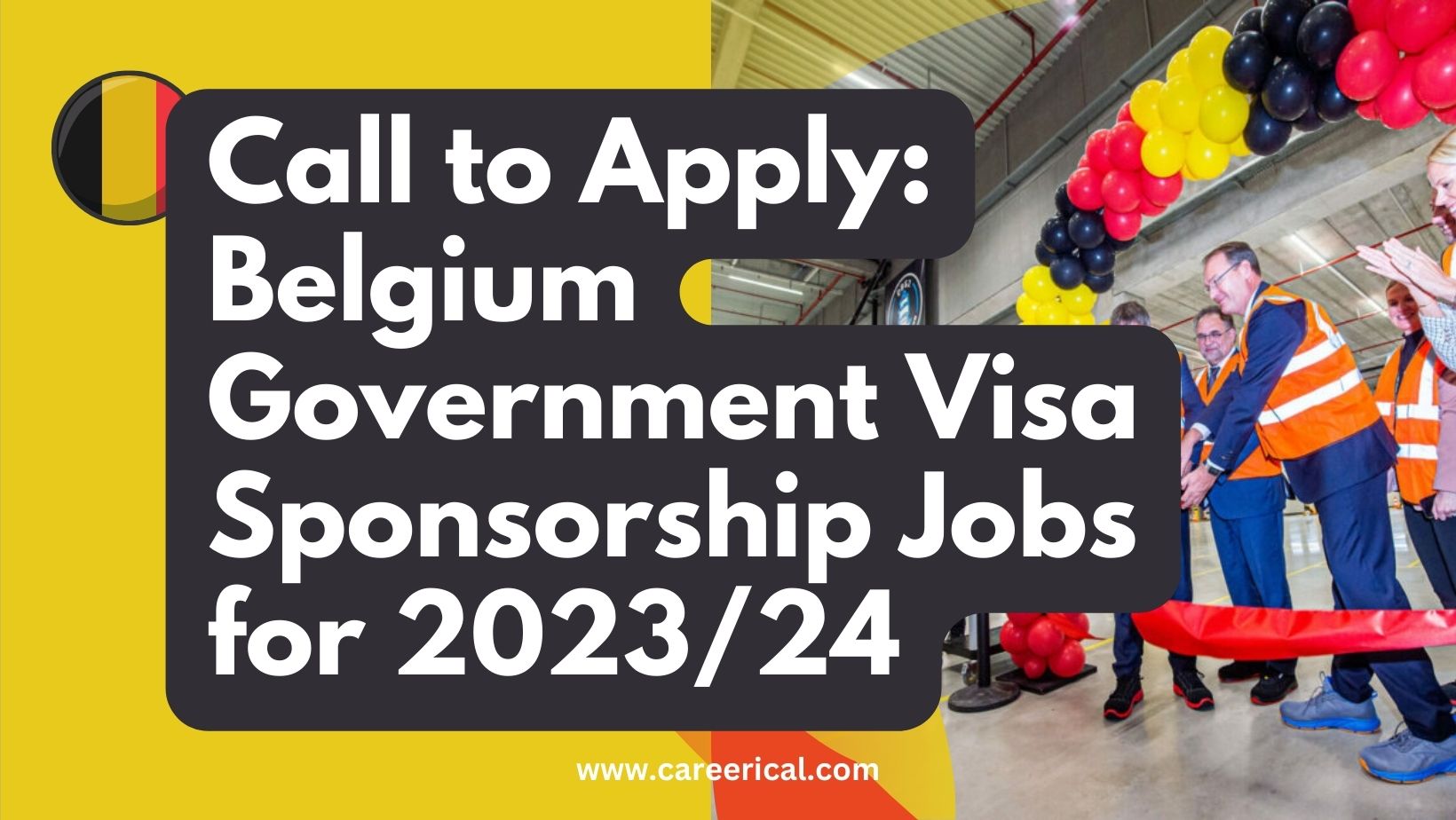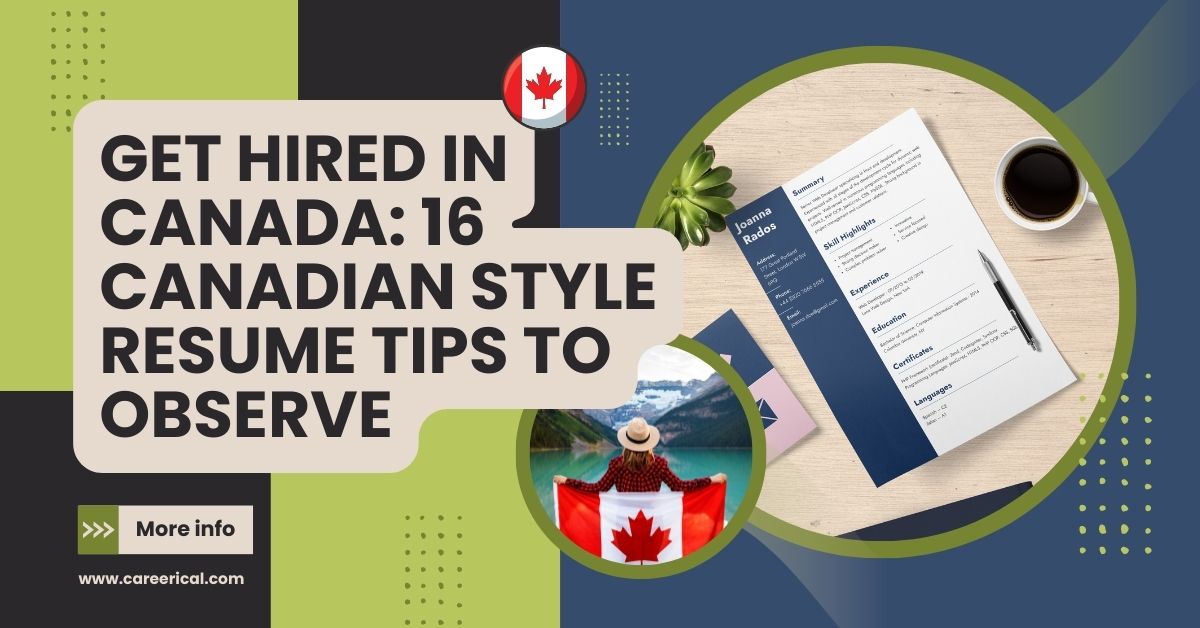🇧🇪 Call to Apply: Belgium Government Visa Sponsorship Jobs for 2024
Belgium, nestled in the core of Europe, is ushering in a wave of exciting job prospects for international talent.This detailed guide sheds light on the path towards securing government-sponsored visa jobs until 2024, detailing available positions, necessary documentation, and additional resources for starting a career in this dynamic European country.
Belgium: A Hub of Opportunities
With close ties to the Netherlands, Belgium is experiencing a surge in demand for skilled professionals.
The government is fostering opportunities for non-Belgian applicants, offering comprehensive packages including accommodation, language courses, travel, and full visa support.
This initiative is designed to mitigate labor shortages and is open to international candidates.
Government-Sponsored Visa Jobs in Belgium
Belgium’s labor market is recognized for its diversity, offering a range of opportunities across various sectors.
Recommended: 🇺🇸 Visa Sponsored Unskilled Jobs in the USA: A Pathway to the American Dream
It’s essential to find a job that matches your skills and employer needs. Some prominent organizations offering government visa sponsored jobs include:
- Relocate.me: Visit to discover a curated list of jobs with sponsorship and immigration support. Search for positions in Belgium that offer housing, travel, and visa assistance.
- Procter & Gamble (P&G) Belgium: A global giant seeking diverse talent in marketing, finance, and business management.
- GSK Belgium: This pharmaceutical leader is inviting qualified professionals to explore their openings in Belgium.
- EURES: The EU’s official job portal, listing over 374,000 jobs in Belgium and Europe, with visa support and relocation aid.
- Accenture Belgium: The US-based multinational in consulting and IT services offers career opportunities in Belgium.
- Deloitte Belgium: A leader in professional services, Deloitte presents job openings in various fields.
- KPMG Belgium: With global recognition, KPMG is hiring across multiple roles in Belgium.
- PricewaterhouseCoopers (PWC) Belgium: Explore opportunities with one of the Big Four accounting firms in Belgium.
- Ernst & Young (EY) Belgium: A global professional services partnership with numerous opportunities in Belgium.
- Google Belgium: Google offers attractive roles in their Belgian facilities for qualified candidates.
Essential Documents for Application
Before applying, ensure you have the following:
- A comprehensive CV or resume
- A personalized cover letter
- Certified educational and professional certifications
- Language proficiency proofs
- A valid passport
- Reference letters and work portfolio (if applicable)
- Financial capacity proofs, health insurance, and police clearance documents
- Visa application form
Recommended: 🇨🇦 $15.30/hr Canada LMIA Approved Farm Worker (Vegetables) Jobs – Kroeker Farms Limited
Advantages of Government Jobs in Belgium
Working in Belgium under a government-sponsored visa can offer:
- Employment across diverse industries
- Access to a stable economy and high living standards
- Opportunities in a multilingual, multicultural environment
- Competitive salaries and social benefits
- Pathways to permanent residency and citizenship
Salaries and Application Insights
These positions generally come with competitive pay. For specific salary information, consult official career pages or Belgium-specific salary surveys. Remember, proficiency in Dutch, French, or German can significantly boost your job prospects in Belgium.
Frequently Asked Questions
- Obtaining a Sponsored Visa: You need a job offer from a Belgian company. This will involve signing a contract and may require a Labor Certification from the Department of Labor.
- Ease of Finding Work: Belgium’s job market favors multilingual candidates. Improving language skills in Dutch, French, and German through online courses or apps can enhance employability.
In summary, this guide equips you with the essentials to explore the thriving job market of Belgium. Good luck with your application!
More Opportunities:
- 🇦🇺 Entry Level Jobs in Australia for Foreigners 2024 (Up to $42 per Hour)
- 🇨🇦 Unskilled Jobs in Calgary, Canada for International Workers 2024
- 🏴 Farming Job Opportunities with Visa Sponsorship in Scotland 2024
- 🇳🇿 Housekeeping Jobs with Visa Sponsorship in Auckland, New Zealand 2024
- 🇨🇦 Canadian Employers Can Now Hire 30% More Foreigners Under TFWP – Time to Apply




































